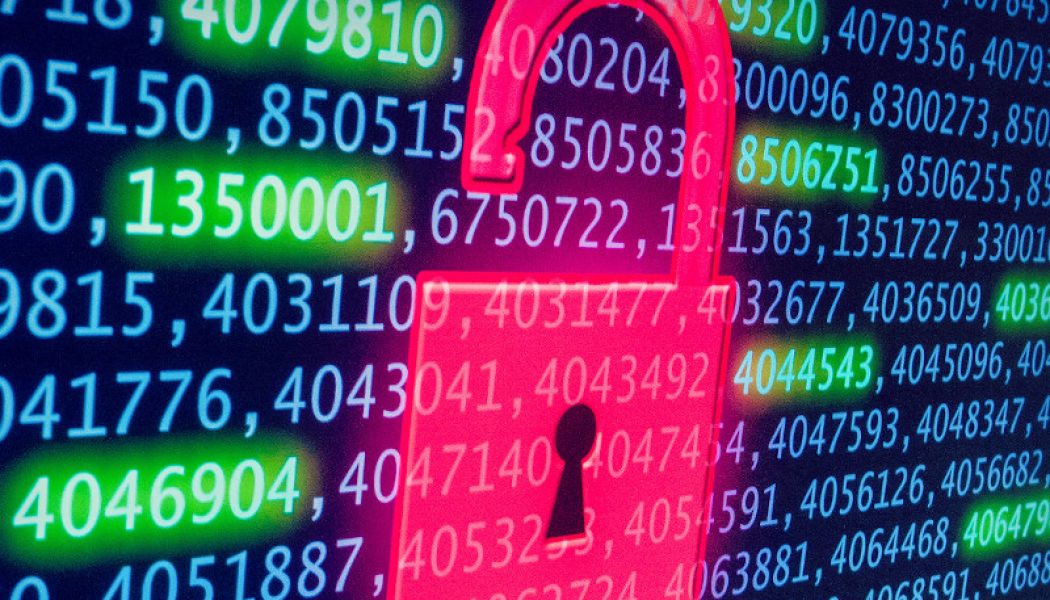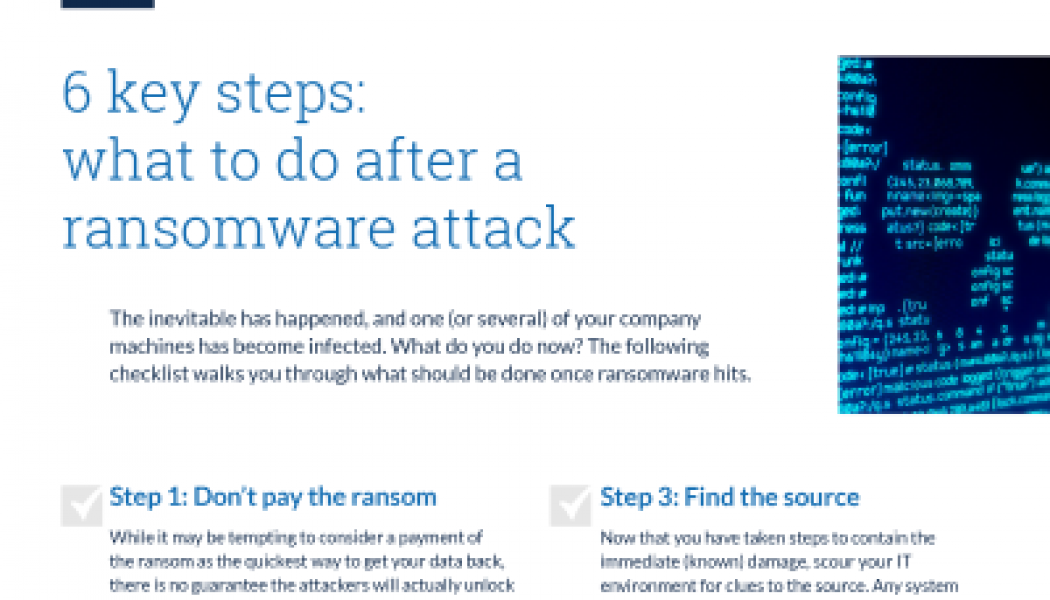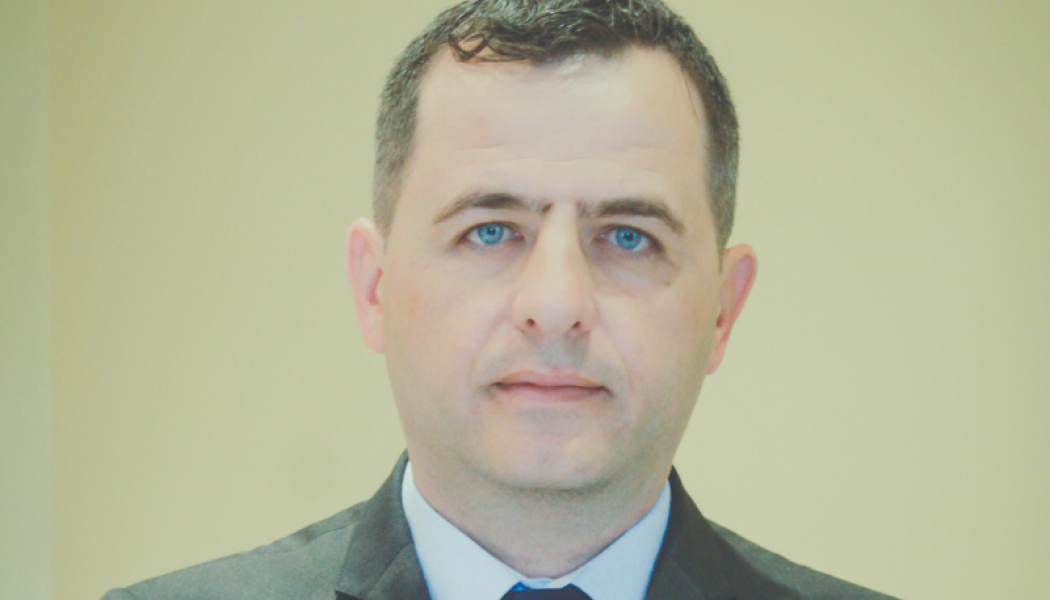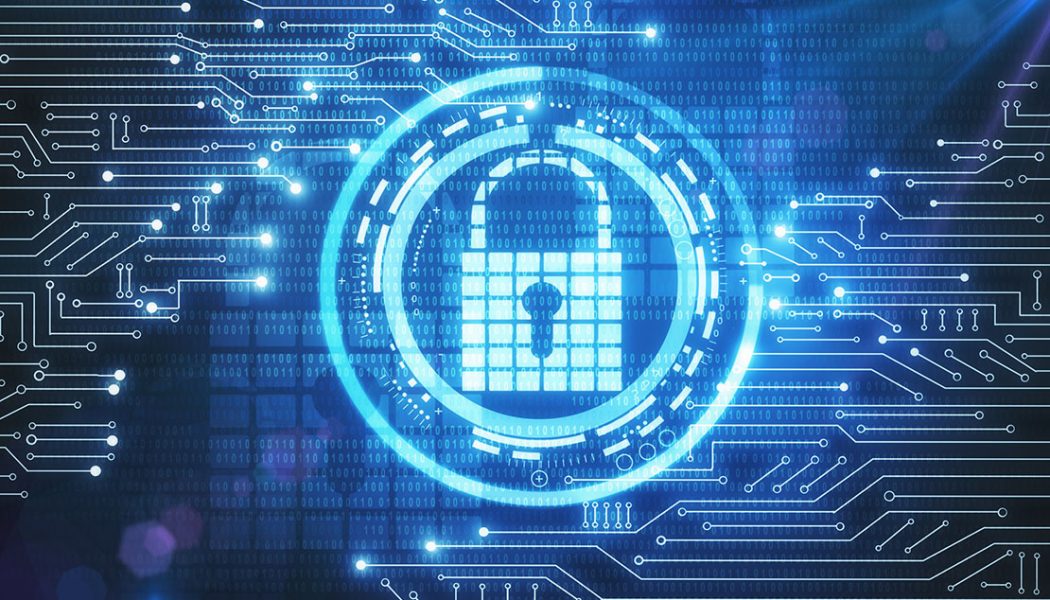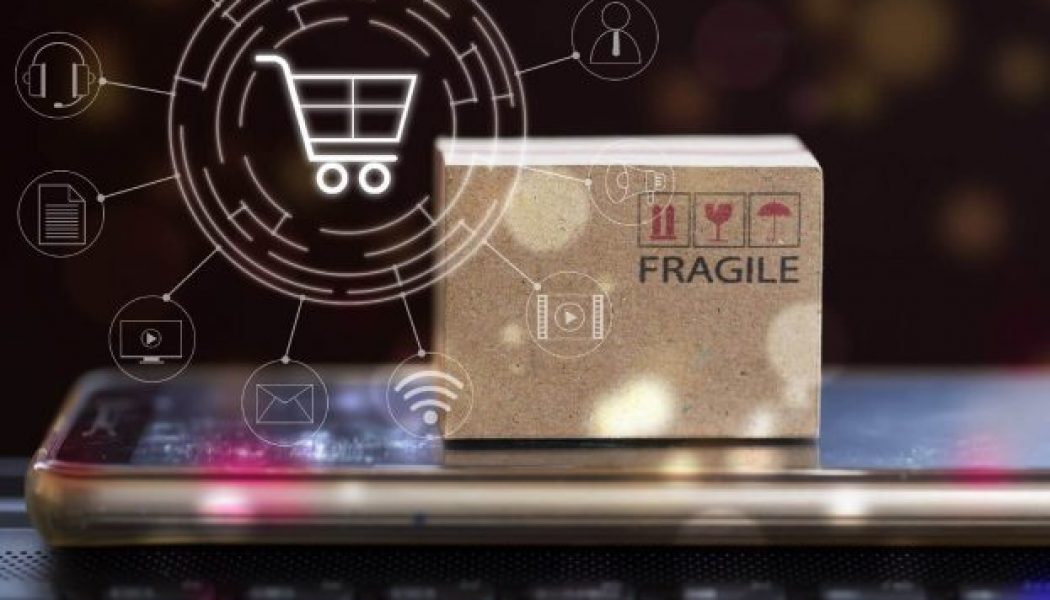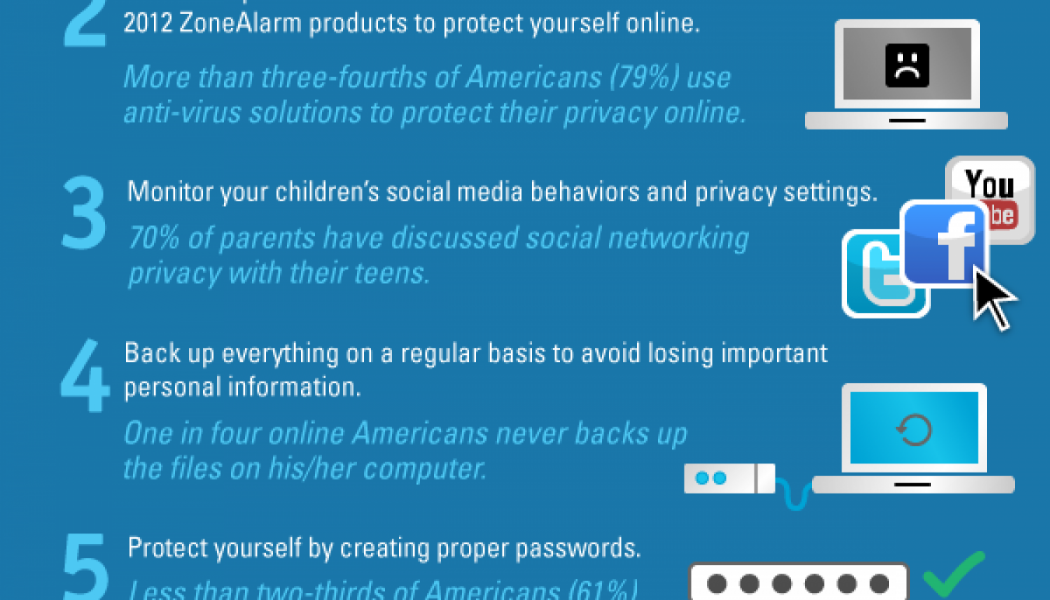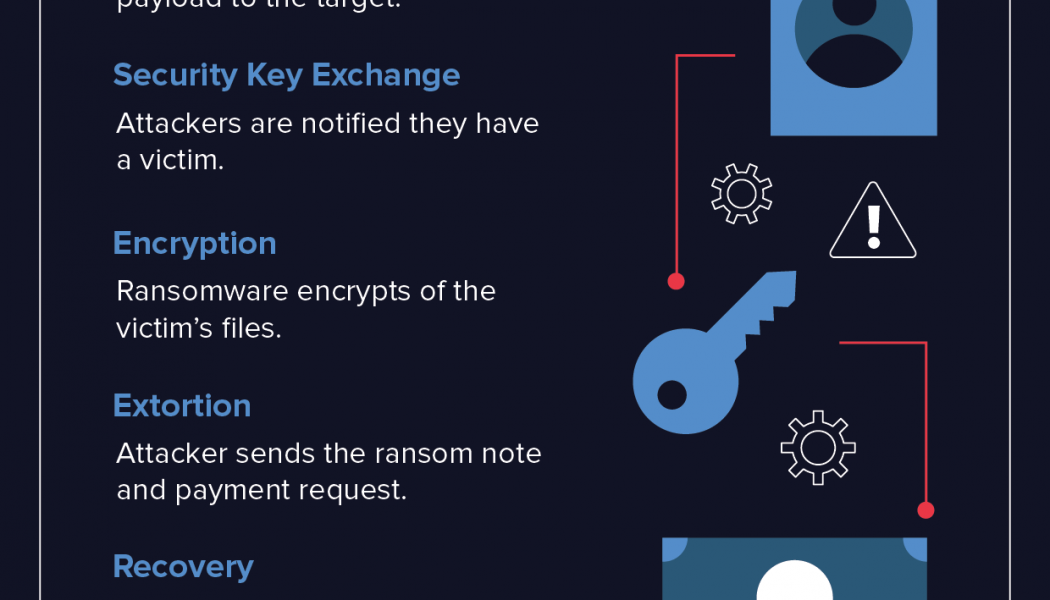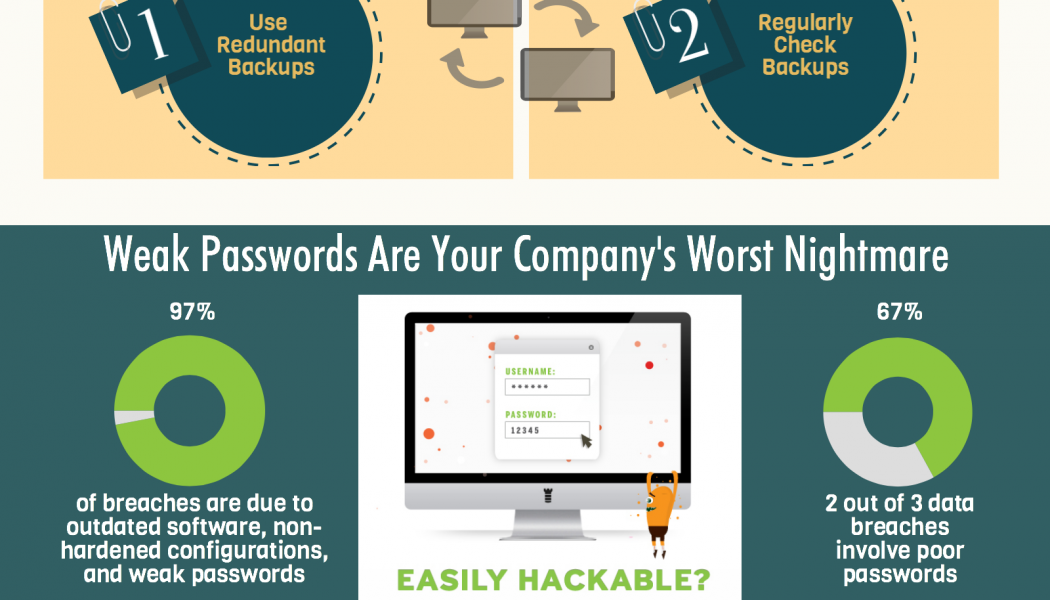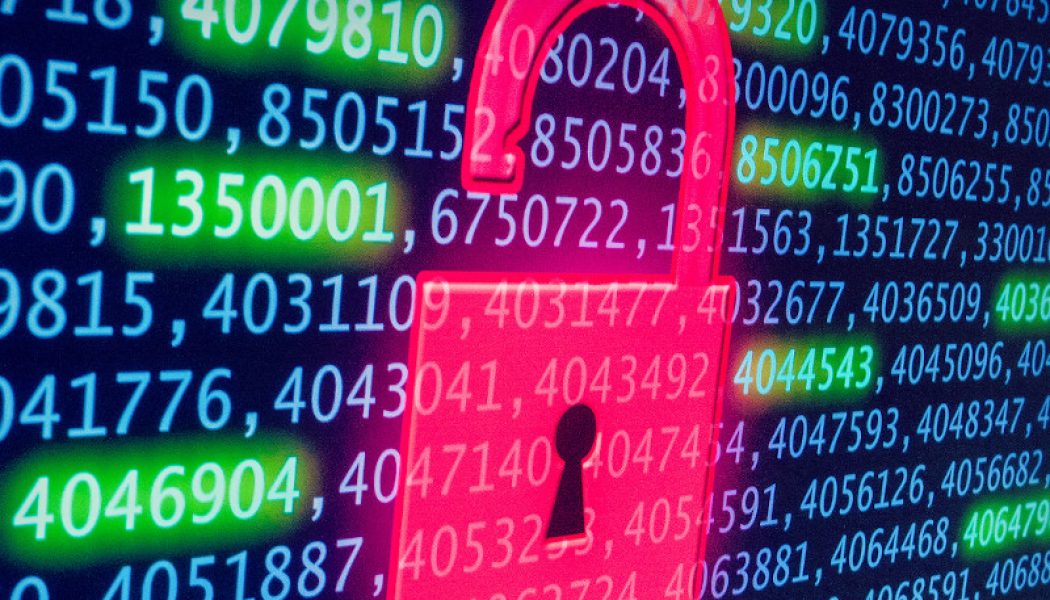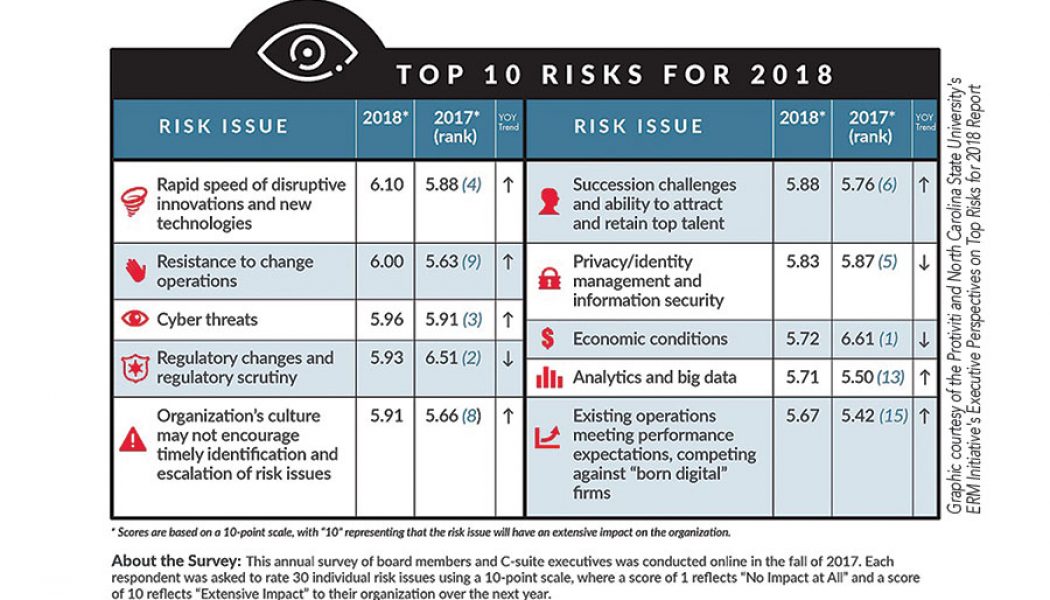cybersecurity
Are University’s Doing Enough to Address the Cybersecurity Skills Gap
Sourced from International IDEA A global shortage of cybersecurity professionals has become so severe that companies are increasingly at risk from hacking and industrial espionage. Protecting data and defending corporate networks is poised to be one of the most in-demand careers of the future. Yet companies are already struggling to fill job vacancies, and the problem is accelerating. “Every company is going digital, and the first thing they have to ask is how secure are their networks and data,” says Doros Hadjizenonos, the Regional Sales Director at Fortinet. The danger is that cybercrime has grown so huge and lucrative that without enough good guys to keep them safe, businesses and individuals alike are in jeopardy. “If a company doesn’t have the right skills it’s increasing its risk to...
Protecting the IT Landscape in a Borderless World
The evolution of technology has pushed the perimeter of organisations further and further towards the edge, and we no longer have the monolithic structures we did in the past. The cloud, the Internet of Things (IoT), even the COVID-19 pandemic accelerating the adoption of a work from home model, have contributed to what has, in effect, become a borderless world. This means that the traditional approach to security of locking down the perimeter is simply no longer enough. The perimeter cannot be easily defined, and the way in which we access services has fundamentally changed. Cybersecurity mesh has emerged as a framework to address this challenge, with a distributed security architecture that more effectively meets the challenges of today’s landscape. Trust no one With IT infrastructure so...
Fixing Your Cybersecurity Issues 1 Next-Gen Firewall at a Time
Stefan van de Giessen, General Manager: Cybersecurity at Networks Unlimited Africa When did you last check your firewalls as a barrier to entry against cybercriminals? And, perhaps more importantly: does your organisation still rely on a legacy firewall, or has it upgraded to a next-generation firewall (NGFW)? And have you considered the ‘Broken window’ principle when looking at your internal cybersecurity posture, in order to have a positive effect on your business processes? These questions are posed by Stefan van de Giessen: General Manager: Cybersecurity at Networks Unlimited Africa, who says, “The broken window theory rests on the idea that a neighbourhood or community that appears to be orderly and well-kept will be less susceptible to crime. Conversely, one that has many broken wind...
5 Reasons Why (Not Only) Financial Companies Struggle with Cybersecurity
Financial services companies have been a popular target for cybercriminals for a long time. Not without good reason, since beyond working with money, financial companies handle a slew of sensitive client data that criminals utilise in various fraud schemes or sell-off on dark web bazaars. According to Verizon’s 2020 Data Breach Investigations Report, in the past year alone the financial industry has suffered more than 1,500 incidents, with 448 confirmed data disclosures. Carey van Vlaanderen, CEO of ESET says that in addition to the long-standing threats, most companies have had to contend with the rapid transition to remote work. “The shift happened on extremely short notice, leaving companies with little time to deploy adequate cybersecurity measures or to prepare employees for looming c...
How to Create a Culture of Cybersecurity
Sourced from IDG Connect Security. This is a word that can make a grown CFO tremble and an entire SOC crumble. It is the word that captures a complex landscape littered with complexity, cybercriminals and technology. It defines how well an organisation adheres to a growing body of legislation – GDPR, POPIA and other data protection regulations – and how its reputation fares when a breach is revealed and information exposed. Security should be on every boardroom agenda, in ongoing employee training, and an investment into the right tools and solutions. But, perhaps most importantly, security should be an inherent part of the company’s culture because it is this factor that ultimately determines its security risk and posture. “There is a clear link between security culture and secure behavio...
Why Cyber Attacks are Technology’s ‘Natural’ Disasters
Sourced from Forbes The SolarWinds attack was stunning in its scope and scale. If it were an earthquake, it would be 9.9 on the Richter scale. As digital transformation accelerates in 2021 and beyond—and applications accelerate as central enablers of business and all manner of digital life—cyberattacks have become technology’s natural disasters. Both have the power for profound devastation, threaten our sense of safety, and are (sadly) the reality of our world today. There is, however, one notable difference between a natural disaster and cybercrime. It is within our control to reduce the devastating impact of cybercrime. We can learn from the weaknesses the SolarWinds attack exposed and use this event as a catalyst for behaviour changes that will materially reduce the impact of future att...
How the ‘Broken Window’ Theory Affects Cybersecurity Matters
Stefan van de Giessen, General Manager: Cybersecurity at Networks Unlimited Africa Here at Networks Unlimited Africa, we are applying the ‘broken window’ principle when looking at our internal cybersecurity posture and how it affects business processes. The term ‘Broken window’ comes from George Kelling, a criminologist, who wrote in 1982 that, “social psychologists and police officers tend to agree that if a window in a building is broken and is left unrepaired, all the rest of the windows will soon be broken… vandalism can occur anywhere once communal barriers…are lowered by actions that seem to signal that ‘no one cares’.” This theory had also been the subject of experiments previously (1969) by a professor at Stanford University, Philip Zimbardo. Zimbardo arranged to have a car w...
